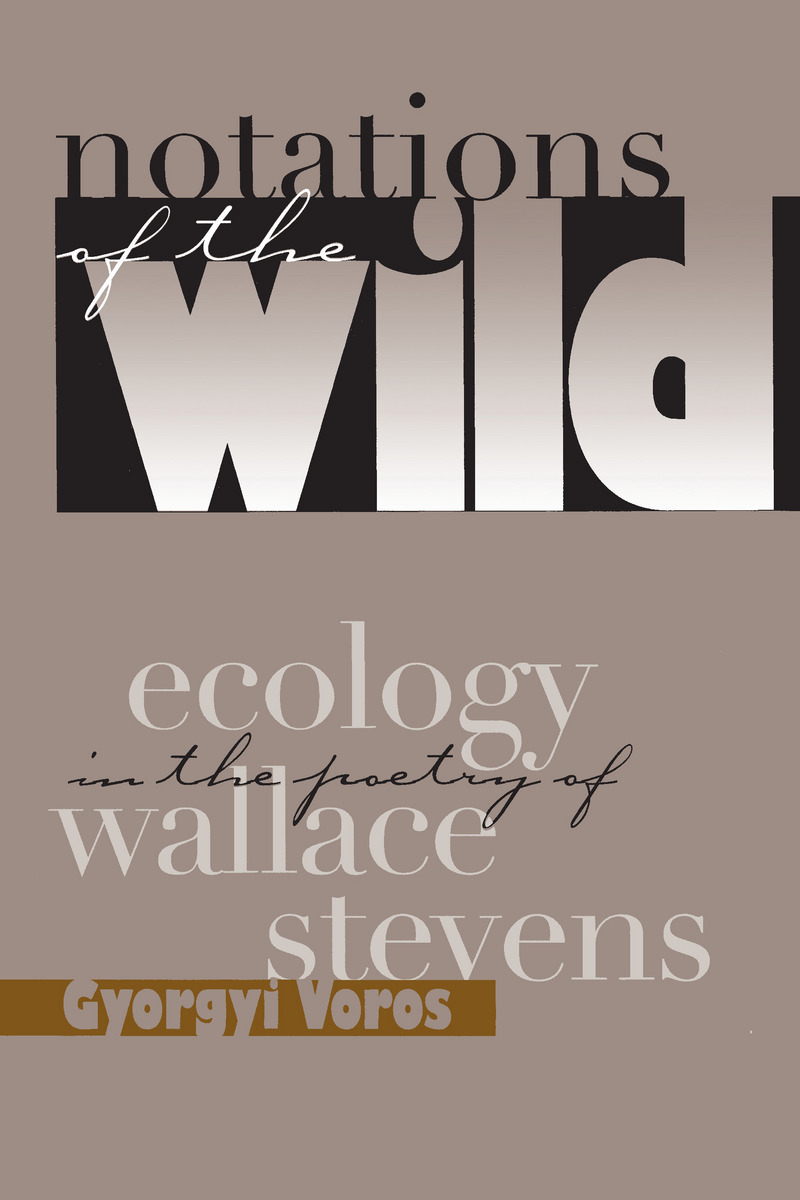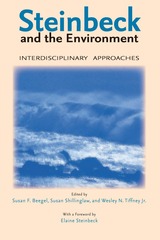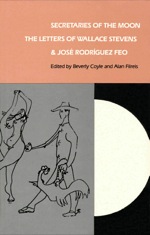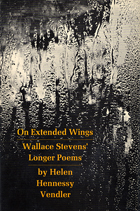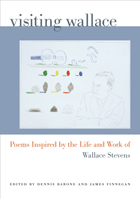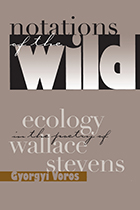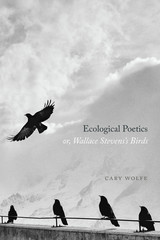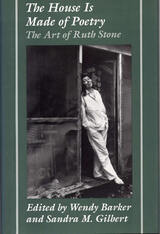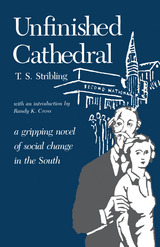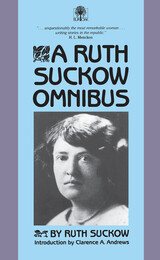Notations Of The Wild: Ecology Poetry Wallace Stevens
University of Iowa Press, 1997
Cloth: 978-0-87745-570-7 | eISBN: 978-1-58729-245-3
Library of Congress Classification PS3537.T4753Z83 1997
Dewey Decimal Classification 811.52
Cloth: 978-0-87745-570-7 | eISBN: 978-1-58729-245-3
Library of Congress Classification PS3537.T4753Z83 1997
Dewey Decimal Classification 811.52
ABOUT THIS BOOK | AUTHOR BIOGRAPHY | REVIEWS | TOC | REQUEST ACCESSIBLE FILE
ABOUT THIS BOOK
In the summer of 1903, just before he turned twenty-four, Wallace Stevens joined a six-week hunting expedition to the wilderness of British Columbia. The adventure profoundly influenced his conceptions of language and silence, his symbolic geography, and his sensibilities toward wild nature as nonhuman “other.” The rugged western mountains came to represent that promontory of experience—“green's green apogee”—against which Stevens would measure the reality of all his later perceptions and conceptions and by which he would judge the purpose and value of works of the human imagination. Notations of the Wild views his poetry as a radical reimagining of the nature/culture dialectic and a reinstatement of its forgotten term—Nature.
Gyorgyi Voros focuses on three governing metaphors in Stevens' poems—Nature as house, Nature as body, and Nature as self. She argues that Stevens' youthful wilderness experience yielded his primary subject—the relationship between human beings and nonhuman nature—and that it spurred his shift from a romantic to a phenomenological understanding of nature. Most important, it prompted him to reject his culture's narrow humanism in favor of a singular vision that in today's terms would he deemed ecological.
Gyorgyi Voros focuses on three governing metaphors in Stevens' poems—Nature as house, Nature as body, and Nature as self. She argues that Stevens' youthful wilderness experience yielded his primary subject—the relationship between human beings and nonhuman nature—and that it spurred his shift from a romantic to a phenomenological understanding of nature. Most important, it prompted him to reject his culture's narrow humanism in favor of a singular vision that in today's terms would he deemed ecological.
See other books on: 1879-1955 | Ecology in literature | Nature in literature | Stevens, Wallace | Wild
See other titles from University of Iowa Press
